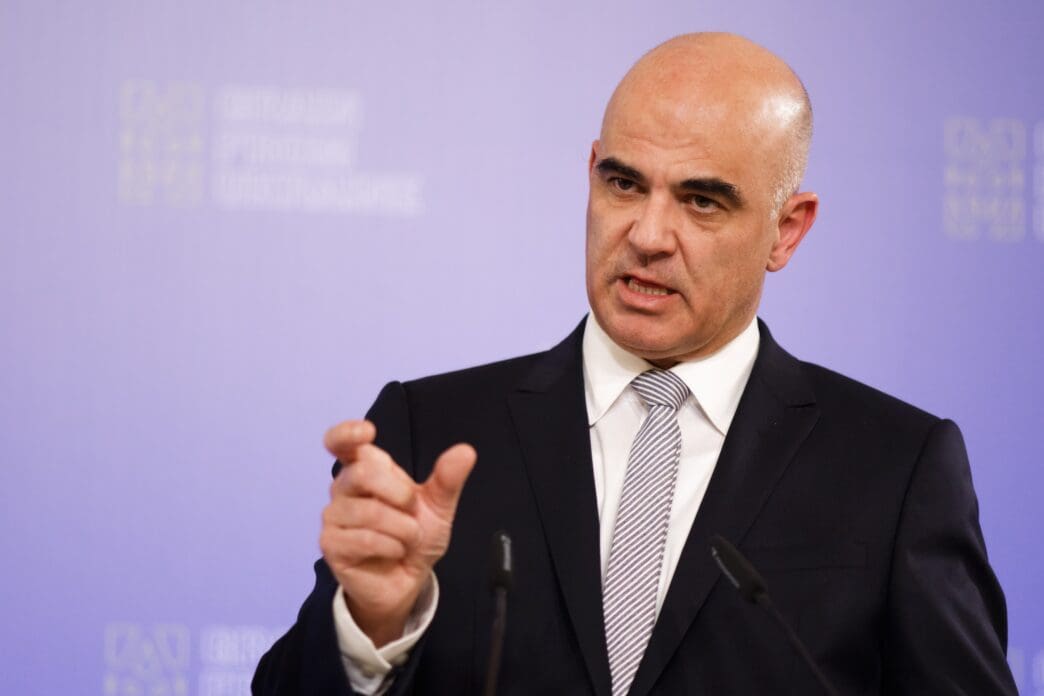Executive Summary
The Story So Far
Why This Matters
Who Thinks What?
Council of Europe Secretary General Alain Berset has criticized efforts by several European Union member states to reduce the influence of the European Court of Human Rights (ECHR), stating that such moves are “the wrong way to start a productive political discussion.” His comments follow recent actions by countries like Denmark and Italy, which have sought to rein in the Strasbourg-based court, particularly in response to its rulings on migration cases.
Context of the Council of Europe
Berset, who attended a European leaders’ meeting in Copenhagen last week, leads the Council of Europe, an organization comprising 46 European member states, including all 27 EU nations. Its core mandate involves monitoring democracy, the rule of law, and human rights, with the ECHR serving as its judicial arm to ensure governments adhere to the Convention of Human Rights.
Member States’ Pushback
The push to curb the ECHR’s powers intensified after the court found EU countries, such as Italy and Greece, in breach of human rights obligations related to migration. In response, Denmark and Italy co-authored an open letter, later supported by about ten other nations including Poland, Austria, and Hungary, accusing ECHR judges of overstepping their mandate and hindering governments’ actions in migration matters.
Adding to these efforts, a “playbook” outlining strategies to keep the court in check was circulated among member states last month, commissioned by the Belgian government. Berset expressed surprise at this approach, noting it created pressure on the court’s case law rather than fostering a political dialogue.
Berset’s Counterarguments
While acknowledging migration as a significant issue, Berset argued that making the Strasbourg court a “scapegoat” would not resolve migration challenges. He pointed out that other legal frameworks, including the EU court in Luxembourg and international law under the UN, also govern these matters. Furthermore, he rejected claims that the Convention of Human Rights is outdated, highlighting its adaptability through rulings on contemporary issues like the internet and facial recognition.
Berset emphasized the Council of Europe’s 75-year history of adaptation and called for the discussion to be channeled to the appropriate political level. He indicated a willingness to engage with all member states on these complex issues, stressing the need for a productive conversation.
Call for Dialogue
Ultimately, Berset reiterated that efforts to disregard the ECHR would not alter the realities of migration or the existing international legal obligations. He underscored the importance of an objective and politically channeled discussion to address the concerns raised by member states, rather than undermining the court’s authority.








